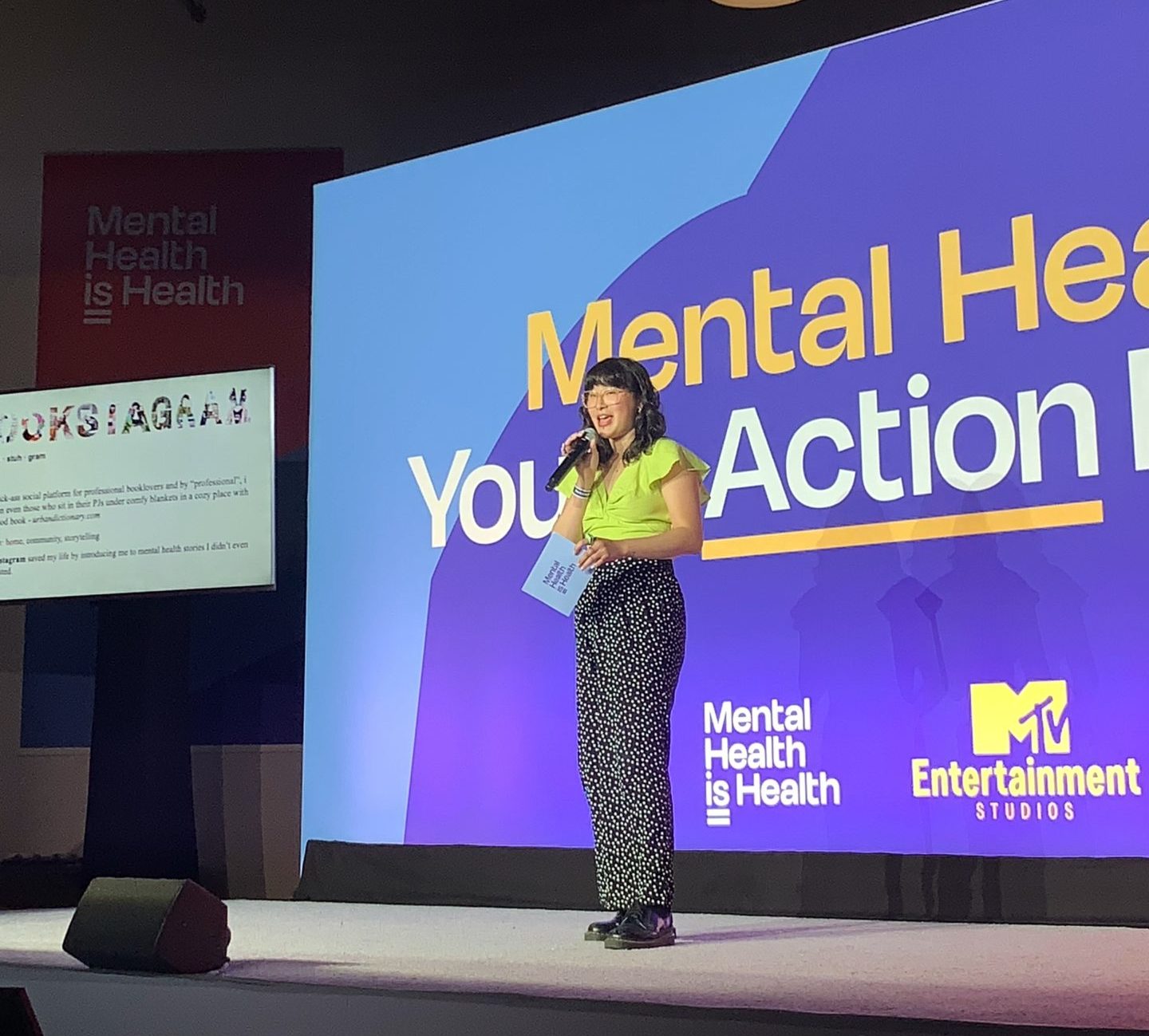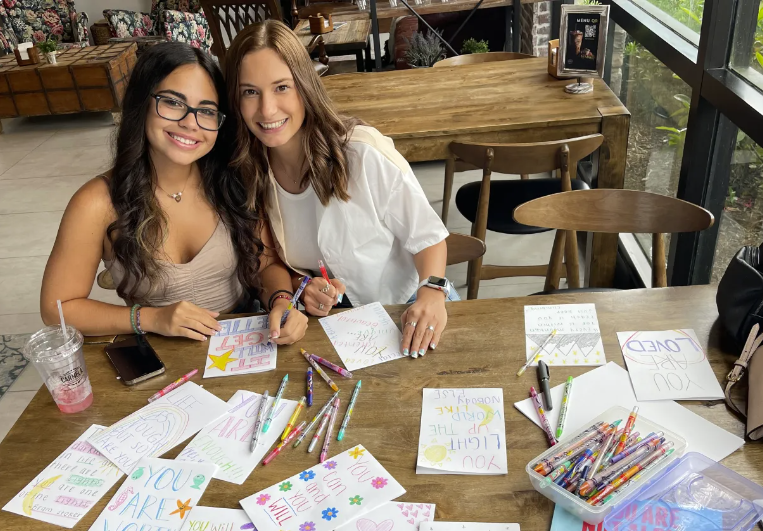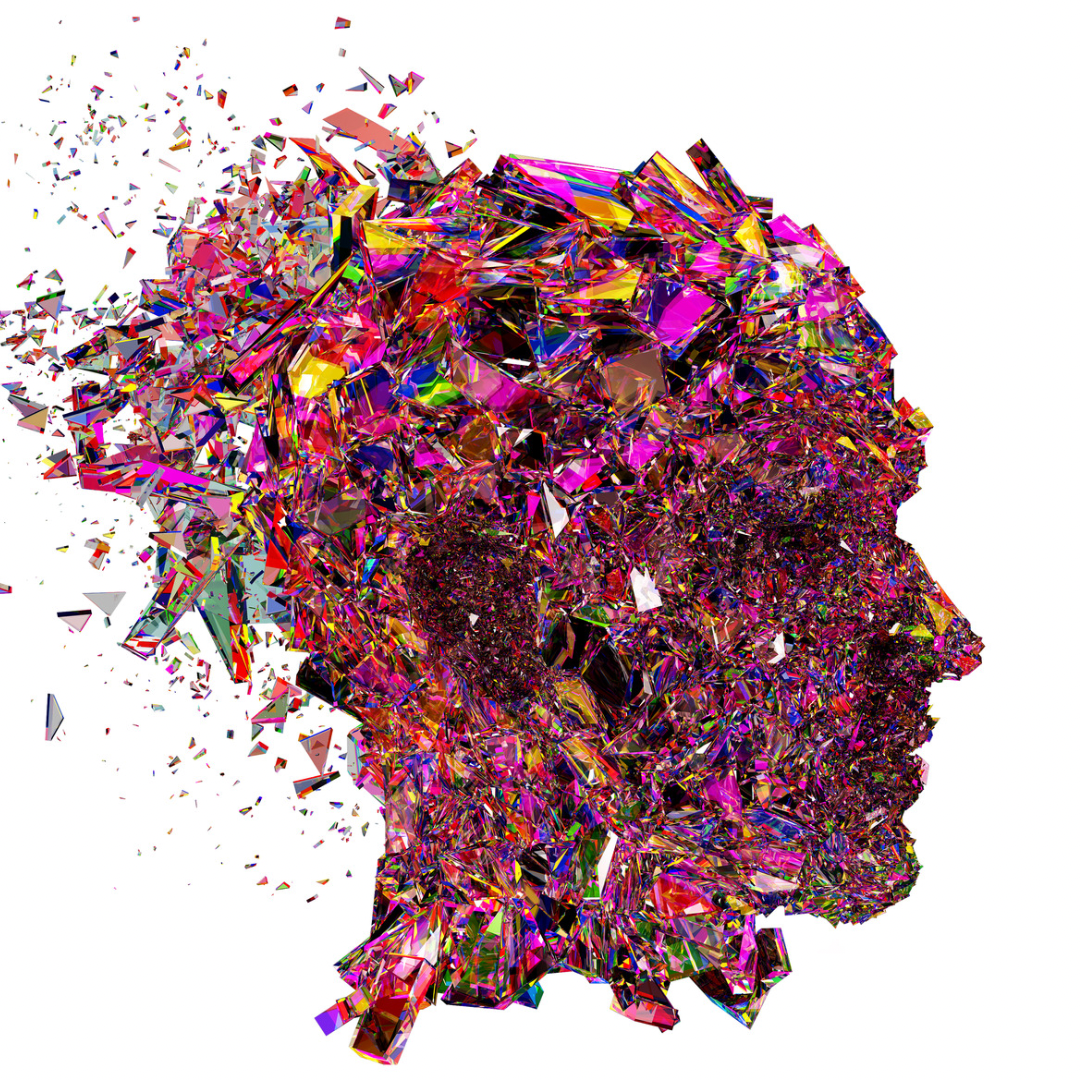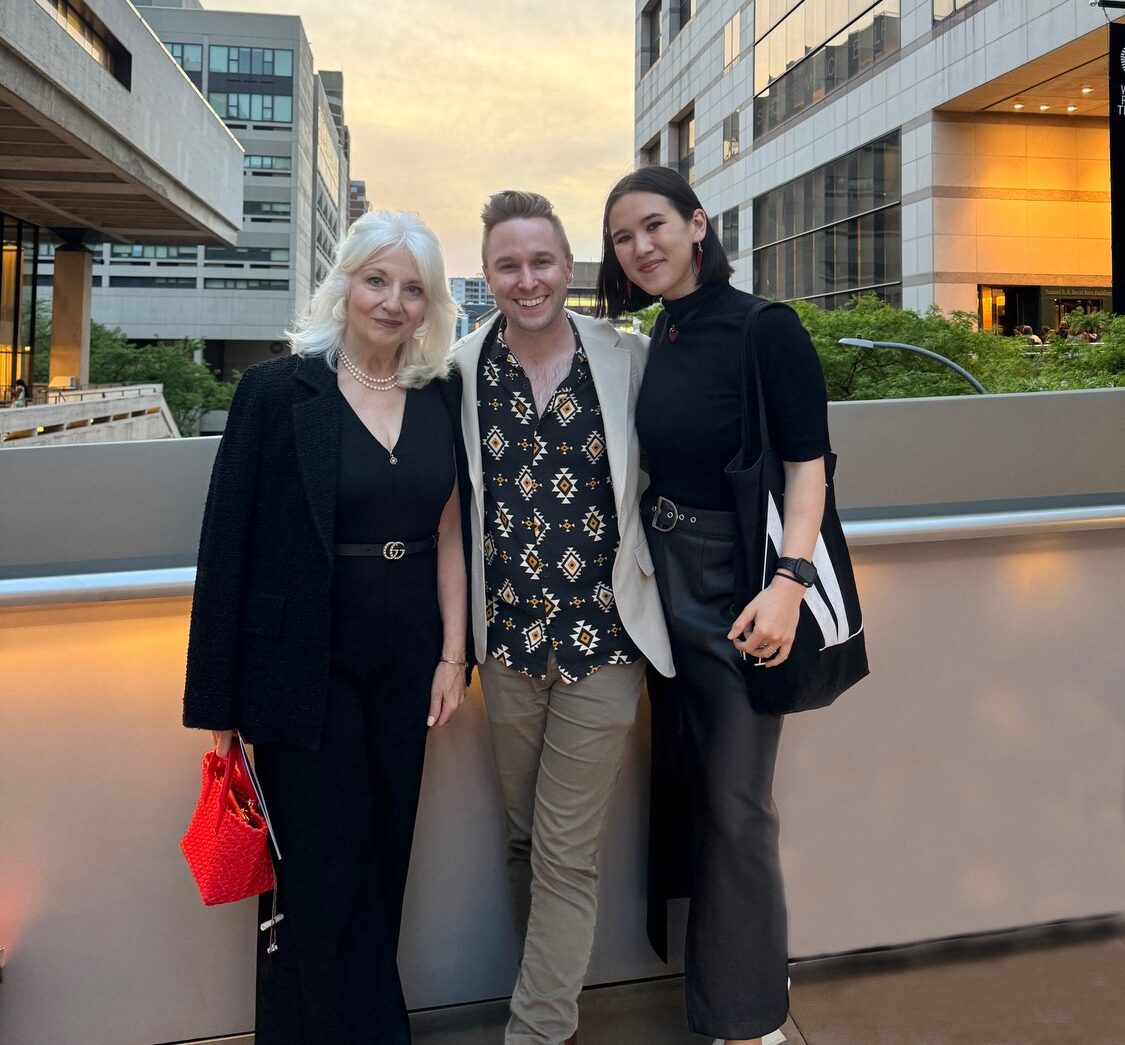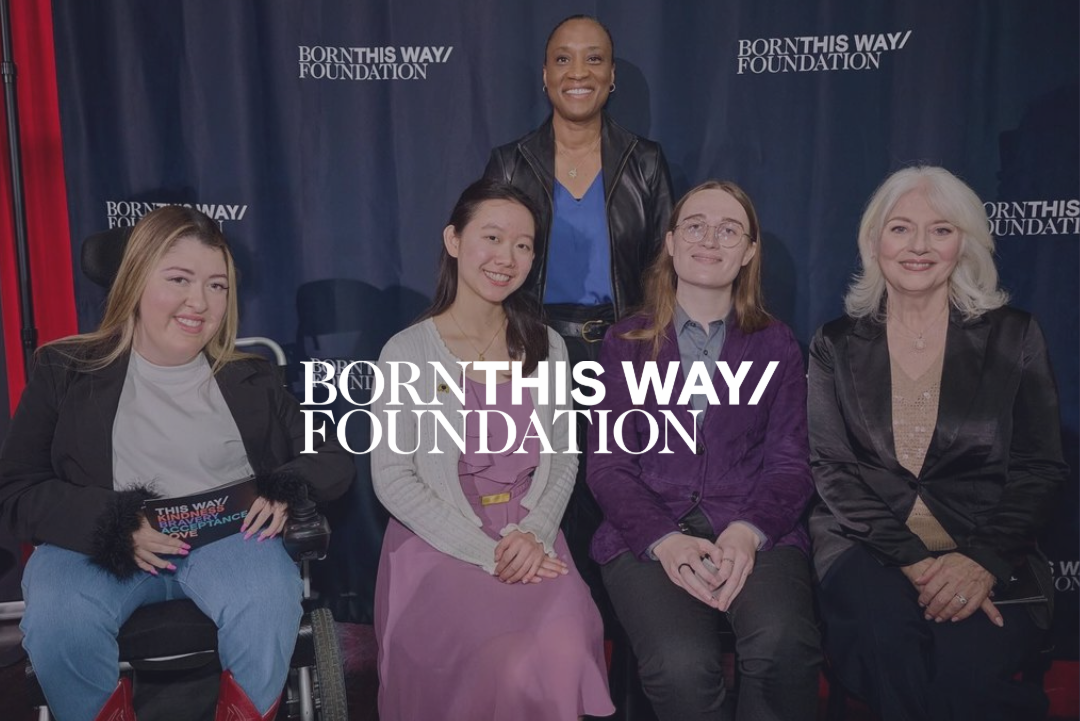In 2022, I was inspired to confront this idea of what being a mental health advocate meant. Growing up, I was conditioned to think that you needed just the right qualifications or opportunities on your resume to be considered one. Was I, an individual who had little to no experience with mental advocacy or recognition in the media, allowed to call myself a mental health advocate? The answer was yes.
The truth is, anyone can be an advocate. You might not think of yourself as an advocate, but in many ways you already are one. Think about it. If you’ve ever supported a cause, rallied for change, or expressed your views, by definition you are an advocate. But there’s an even simpler way to become an advocate that we tend to brush aside, and it starts with advocating for yourself.
I didn’t know it at the time but when I made the decision to go back to therapy in November of 2021, I was an advocate for my own mental health. It’s difficult to show compassion and kindness to others before you have given yourself the same care. Becoming an advocate for my own mental health gave me the tools I needed to advocate for others. By prioritizing my needs and learning to communicate them, I was supporting my overall well being. And when you support your own well being, you then have the capacity to support others.
The moment I started focusing on my well being, was the moment I started calling myself an advocate. As Atomic Habits author James Clear likes to remind us, “The ultimate form of intrinsic motivation is when a habit becomes a part of your identity.” Instead of wanting to be a type of person, we can accept that we already are that type of person. Battling the imposter syndrome was the hardest part but once I moved past that and identified with being an advocate, I opened myself up to a whole world of opportunities and possibilities.
This new identity as an advocate gave me the confidence to apply to be one of 30 mental health creators and advocates to attend the inaugural Mental Health Youth Action Forum at the White House, led by MTV Entertainment. And to my utter disbelief, I was told a few months later that I was selected as one of the 30. Again, I confronted my definition of being an advocate in this experience, as I met so many talented and recognized young leaders who were surely more qualified than I was. I had to remind myself that everyone’s advocacy was personal to their own lives and just because I had no direct experience and no papers to show for it didn’t make me any less of an advocate.
This year, I will continue advocating for youth mental health as an advisor to the National Alliance on Mental Illness (NAMI), as a 2023 NAMI Next Gen Youth Advisor. I won’t lie and say that imposter syndrome doesn’t exist for me anymore because it is there and it is very real. But part of advocating for yourself means constantly believing in yourself.
Being an advocate starts with YOU. Advocacy is compassion and bravery, not just towards the issues that you care most about, but most importantly to yourself. Give yourself grace to call yourself an advocate. You are an advocate if you advocate for yourself, and it’s never too late to leverage that identity to begin work in your communities and with organizations.








